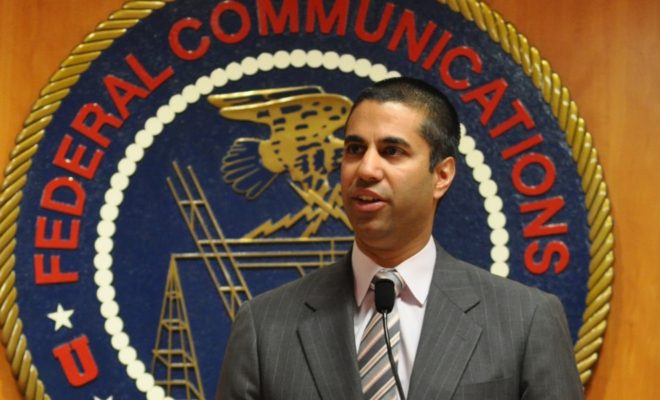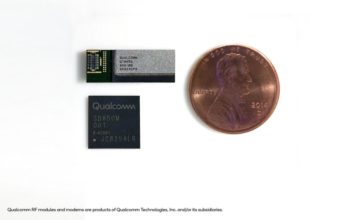Telecommunications companies may find rolling out small cells easier after a vote Thursday by the FCC to reduce regulatory red tape.
In a 3-2 vote, the commission “adopted new rules streamlining the wireless infrastructure siting review process to facilitate the deployment of next-generation wireless facilities.” Going forward, small cells on non-tribal land will not be treated like macro cells. They will no longer be subject to reviews under the National Historical Preservation Act and National Environmental Policy Act.
“[Today], we take a giant leap forward in updating our wireless infrastructure rules. By cutting unnecessary red tape, we’ll make it substantially easier for carriers to build next-generation wireless networks throughout the United States,” said FCC Chairman Ajit Pai in a statement.
Meanwhile, Commissioner Jessica Rosenworcel, who dissented, lamented that the rules change “runs roughshod over the rights of our tribal communities and gives short shrift to our most basic environmental and historic preservation values. Moreover, too much of its policy and legal analysis is lacking the heft necessary to support the results.”
In response to the vote, AT&T executive vice president of regulatory and state external affairs Joan Marsh lauded the commission:
“With today’s order, the FCC once again is taking the right steps to put America on pace to be the 5G leader of the world. … This order recognizes the significant benefits that small cells will bring to communities across the nation and will accelerate the scale and scope of their deployments by removing excessive delays and costs.”
While these changes were supported by many in the industry in the run up to the vote, some local governments opposed the changes.




